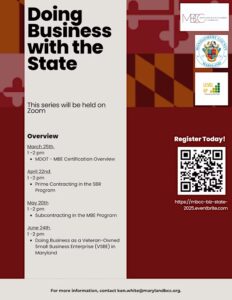Senate Majority Leader Catherine Pugh, D-Baltimore, is introducing a bill that would allow full-time workers to earn an hour of paid time off for every 30 hours they work, earning up to 7 days of paid time off.
“We have it, here in the state of Maryland, as legislators,” Pugh said. “If we get sick, we still get paid, so all we’re asking is that we do for others what we do for ourselves.”
Delegate Luke Clippinger, also a Democrat from Baltimore, is introducing a similar bill in the Maryland House. He said people on the lowest end of the income scale, the bottom quartile, are most affected by a lack of sick leave.
“The people who are the most vulnerable, the most subject to difficulties when economic times get rough, 75 percent of them don’t have sick leave,” Clippinger said.
A majority of Maryland residents — 73 percent— like the idea of paid sick leave, but that number drops dramatically — to 12 percent — if the sick leave means a reduction in benefits, according to a 2016 poll by Gonzales Research and Marketing Strategies. Working Matters cited a 2015 University of Maryland-Washington Post poll that said nationally, 83 percent of people support paid time off for sick days.
House Majority Leader Nicholaus Kipke, R-Anne Arundel, said that mandating paid sick leave hurts small businesses, which operate on very small margins, the most.
“The small businesses that need employees to show up, the abuse of that benefit hurts. They experience additional costs,” Kipke said.
Click here to read the rest of the article written by Rachel Bluth over at CNS Maryland






